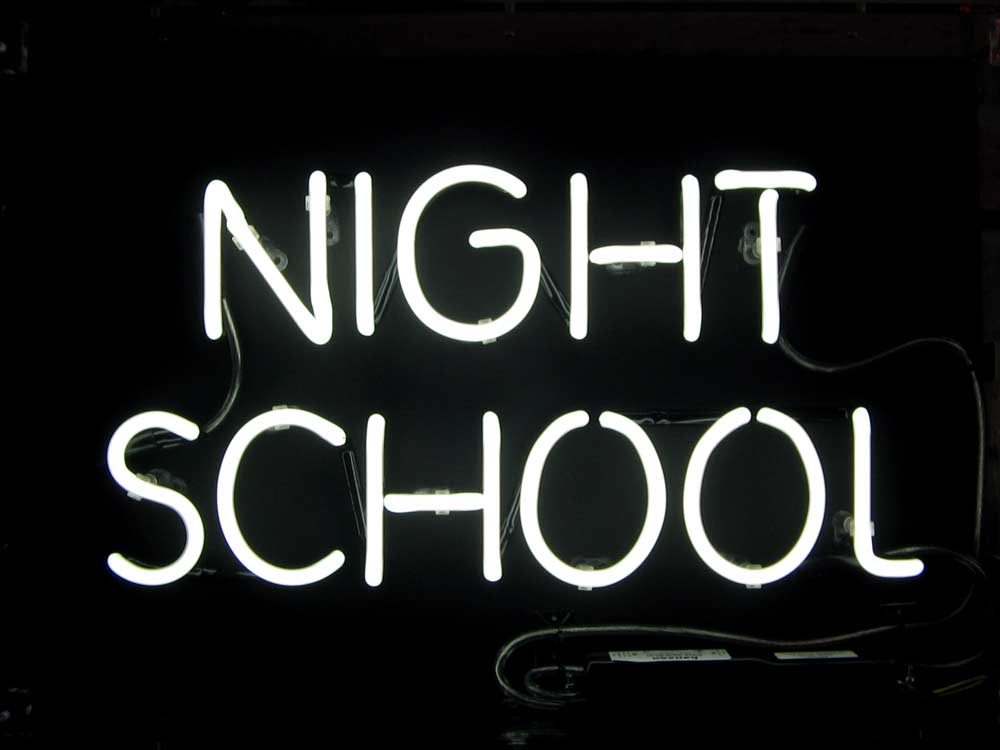HOLLYWOOD—On one socked foot and one ragged sneaker, Candelaria hobbled down the scoured sidewalks and isolated streets of a new land. Her legs were tingly and numb after weeks of confinement in the safe house. She and Don Ignacio passed sprawling residences, each different from the other: one fronted by verandas and porch swings, another topped by a pagoda roofline. To judge from the size of the houses and the three-car garages surely they surely must be in Hollywood. Gaudy fountains purled in the sun. The streets were full of gleaming, late-model cars.
“Don’t stop,” Don Ignacio told her. “Keep moving.”
In a gutter, they found a stray sandal that, amazingly, fit Candelaria’s narrow foot.
Ignacio gallantly got on his knees and put it on for her.
“How do you feel?” she said.
“Like Cinderella’s uncle,” he said.
“I feel like I’m in a dream,” Candelaria said. “A living dream.”
“Save this moment, child,” he said, “for when you face a problem.”
Now Candelaria, in mismatched footwear, and the old man could walk speedily. They soon passed under a gigantic airborne cement river of cars and trucks that issued a loud steady whirr. They came to a 7-Eleven. Civilization. People. Ignacio needed a phone. He wanted to call his son-in-law, whose number he had on a chamois-soft piece of cardboard, the ball-point numbers faded by the long journey.
Outside the 7-Eleven, a silver coin rested near a bearded sunburned man who held up a hand-lettered sign, ‘Help the Homeless.’ When the bearded one made no effort to pick it up, Don Ignacio bent down and picked it up. He put it into a payphone that looked as if it hadn’t been used in 10 years. The phone had swallowed his quarter before he realized it had no receiver.
“Come here,” said the bearded man.
He gestured a nicotine-caked fingernail and handed Don Ignacio a cell phone. In no time Ignacio was talking to Maria, his daughter.
“I’m here,” he said. “Escaped from an abominable place where you and your good-for-nothing husband left me to rot.”
“Thank God you are alive and all in one piece, papa!” she exclaimed. “We hadn’t heard from the coyote in two weeks and they were extorting us. Said we might expect a piece of you in the mail. We’ve been trying to sell the car to pay the coyote, you know, and Mario’s out of a job. . . Dad, thank God you’re alive. Where are you?”
“At a store called Seven Eleven. Do you know where that is?”
“What city are you in?” his son-in-law broke in.
“Chula Vista” was the reply from a passerby. “Near San Diego.”
“Mijo,” said Don Ignacio, “we’re near San Diego.”
“Hold on, Dad. It’ll be a few hours.”
A few hours? Candelaria had thought San Diego was a 20-minute drive from Los Angeles. My, the distances were big in the U.S.A., everything was big, Candelaria mused, and even the beggars had cellphones.
In Sun Valley or “Scum Valley”—that’s what the druggies and gang bangers called it—night had fallen. The city was just another placeless, semi-incorporated blob on the Southern California map between nowhere and nowhere. No civic pride had erected signs or statues. It was a jumble of sun-shot used car lots festooned by the red, white and blue banners hung on the tops of buildings for Fourth of July parades, gas stations, strip malls and junk-food factories. Part of a chain-gang of nowherevilles across the U.S.A., it was another soulless place shackled to the top-10 restaurant and retail franchises. Low slung stucco ranch houses baked sleepily in the blazing sun, and the weird juxtaposition of trees on the horizons—tall, spindly yin of Italian cypresses and the yang of festive pineapple palm trees—did little to dispel the overwhelming impression of flatness. Sun Valley was a good place to live if you were a lizard.
Here in the precious last minutes of winter break, Jason Finch sat in his Nissan Sentra. Filled to the gills with dread of facing a classroom of night school students, he had the driver’s seat leaned all the way back, his eyes closed behind movie-star shades. What was he doing here? It galled him. He’d hated school as a child, and now he had been sent back to school. The knots and turnings in his belly got to be too much. He finally opened the car door, stuck his head out and breathed out a pink stream of vomit.
(to be continued)






